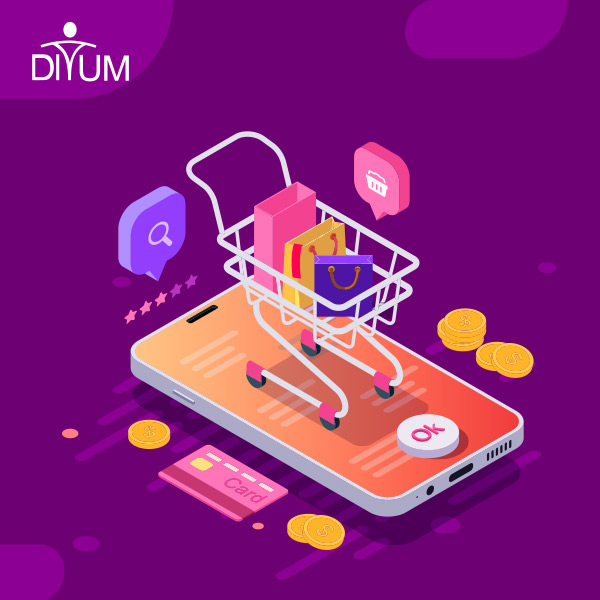Excerpt/Abstract:
The retail industry faced enormous challenges in offering customers a seamless Omni Channel experience. Changes in customer purchasing habits and demography have transformed the retail industry's destiny. Business models based on physical stores (offline) and limited online delivery (online) were no longer viable.
Furthermore, traditional retailers face threats from "acquirers," who impose restrictions on operating store chains. Traditional retailers wanted to be creative to create a viable online experience. To provide a great Omni Channel experience, they decided to leverage WhatsApp, to deliver online.
Given the problems the company experienced during the COVID lockdown, a strong digital strategy was required to bridge the gaps in customer experience on the instant messaging platform.
Project Background:
A major retailer required a partner who could help them with the following to completely redesign their eCommerce and Omnichannel services across all touchpoints: To develop a one-of-a-kind Omnichannel eCommerce experience as well as an innovative recommendation engine capable of making product recommendations based on client interests, demographics, and purchase history.
They aimed to establish an online delivery platform.
Divum was hired as a technology partner to build a one-of-a-kind delivery experience driven by WhatsApp. The inventory data and WhatsApp API were employed to build the online WhatsApp solution. Divum commenced working on the project by offering a unified delivery experience across all channels.
Challenges we encountered:
The challenges include multiple language interactions, different forms of material (text, video, etc.), less time spent by users browsing the app, recurring customers providing the same list multiple times and constant order status updates.
We focused on establishing an online retail delivery experience across many channels, including offline stores, online stores, and WhatsApp.
Another concern encountered while designing the WhatsApp API was that we had no control and supervision over the material shared on WhatsApp.
Action Taken:
We decided to create a one-of-a-kind Omni Channel Experience to service all customers, regardless of channel. The goal was to give every consumer a terrific experience at every touchpoint.
In addition, we designed a novel approach to exceeding consumer expectations, which includes the following steps:
1. As a means of educating customers, marketing collaterals were employed, existing customers were contacted via whatsapp by store managers, barcodes were affixed to shopping racks, advertisements in print media were utilized to educate store visitors, and an SMS campaign was carried out, among other things.
2. WhatsApp: We wanted to deliver a unified online experience that linked their online shopping experience with the store and WhatsApp.
The online channel was powered by an intelligent algorithm, and engagement was powered by a recommendation engine. We intended to create a terrific Omni Channel buying experience for everyone, both offline and online, through this collaboration.
The Divum Approach:
To get started, we needed to power our system with a dataset or datasets. For this endeavor, we leveraged data from physical retailers, including transactional and demographic data from customers, which were acquired regularly.
We used this as an input to train the machine learning algorithm to recommend products based on consumers' preferences/interests and demographic profiles, which are matched with other customers who are likely to purchase comparable products.
1. Before developing the WhatsApp API, we needed to build relationships with offline retailers who were interested in integrating our solution. We utilized existing ties to develop a referral scheme with feedback in this case.
2. Recommendations: To build an intelligent recommendation engine that can recommend products based on customer interests, demographics, and purchase history, we used a unique strategy that effectively utilized various data points collected across channels, assisting us in training our machine learning algorithms.
We had an advantage since we innovatively applied machine learning methods. With considerable understanding, Divum has effectively scaled the offline store distribution approach.
This collaboration with online portals will not only help in enhancing the reach of offline customers but will also provide all customers, independent of channel, with a first-of-its-kind Omnichannel purchasing experience.
Project Outcomes:
The client saw a 30% boost in revenue and a 10% increase in store count, which contributed to the overall success of this Omni Channel experience.
Customer acquisition costs were reduced by 25%, as are expenditures associated with managing offline stores, such as marketing and maintenance.
Because of the solution, users were allowed to move between channels and choose the preferred manner of delivery (online or offline). The customer satisfaction rating increased by 50%.

